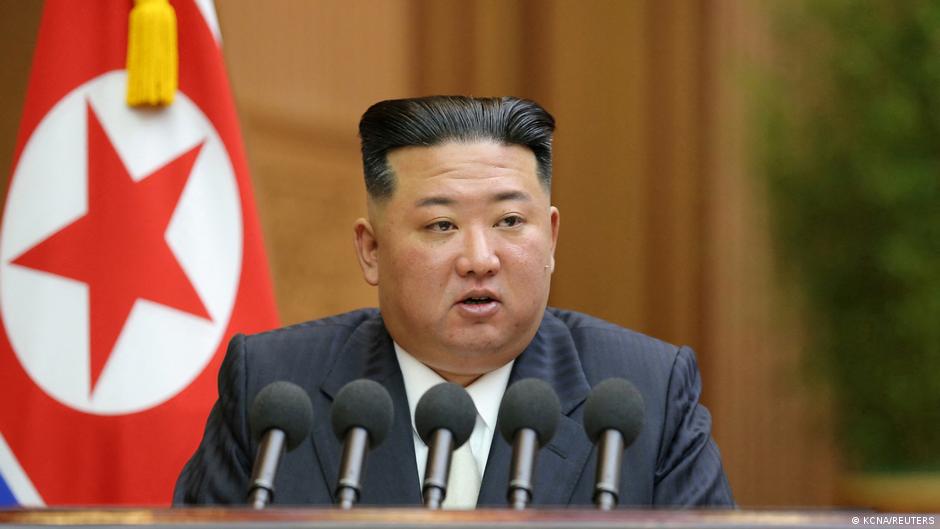North Korea has tested a new nuclear-capable underwater attack drone, state media reported on Friday, as leader Kim Jong Un warned joint military drills by South Korea and the U.S. should stop.
During the test, the new North Korean drone cruised underwater at a depth of 80 to 150 metres (260-500 feet) for over 59 hours and detonated a non-nuclear payload in waters off its east coast on Thursday, North Korean state news agency KCNA said.
Analysts say North Korea is showing off its increasingly diverse nuclear threats to Washington and Seoul, though they are sceptical whether the underwater vehicle is ready for deployment.
North Korea intends to signal “to the United States and South Korea that in a war, the potential vectors of nuclear weapons delivery that the allies would have to worry about and target would be vast,” said Ankit Panda, senior fellow at the U.S.-based Carnegie Endowment for International Peace.
"There would be silos, railcars, submarines and road mobile missile launchers. And now they're adding this underwater torpedo to the mix,” he said.
On Monday, the isolated country flew a short-range missile from a buried silo, a departure from usual basing methods. Dubbed “Haeil”, or tsunami, the new drone system is intended to make sneak attacks in enemy waters and destroy naval strike groups and major operational ports by creating a large radioactive wave through an underwater explosion, the KCNA said.
"This nuclear underwater attack drone can be deployed at any coast and port or towed by a surface ship for operation,” the news agency said, adding that Kim oversaw the test.
A South Korean military official said they were analysing North Korea's claims. A U.S. official, speaking on the condition of anonymity, said there was no indication of a nuclear test.
It is unclear whether North Korea has fully developed miniaturised nuclear warheads needed to fit on its smaller weapons. Analysts say perfecting such warheads would most likely be a key goal if the North resumes nuclear testing.
Huge torpedoes
A photo released by state media showed Kim smiling next to a large torpedo-shaped object, but did not identify it as the new drone. Other photos showed tracks of the object's underwater trajectory, and blasts visible on the sea surface.
Panda said the weapon's operational concept was similar to Russia's Poseidon nuclear torpedoes, a new category of retaliatory weapon meant to create destructive, radioactive blasts in coastal areas.
North Korea also confirmed it had fired cruise missiles on Wednesday to practice carrying out tactical nuclear attacks, confirming earlier reports from the South Korean military.
The cruise missiles were tipped with a “test warhead simulating a nuclear warhead,” and flew 1,500-1,800 km (930-1,120 miles), according to KCNA. The latest tests took place as South Korean and U.S. troops launched their largest amphibious landing drills in years, involving a U.S. amphibious assault ship, on Monday.
North Korea said military exercises by the United States and South Korea require its forces to “gird themselves for an all-out war and bolster up its nuclear force both in quality and quantity on a priority basis”.
Pyongyang has long bristled at exercises conducted by South Korean and U.S. forces, saying they are preparation for an invasion of the North. South Korea and the U.S. say the exercises are purely defensive and have criticised the North's tests as destabilising and in breach of U.N. sanctions.
The allies concluded 11 days of their regular springtime exercises, called Freedom Shield 23, on Thursday, but have other field training exercises continuing.
North Korean leader Kim expressed “his will to make the U.S. imperialists and the South Korean puppet regime plunge into despair for their choice,” KCNA said, adding that he warned the enemies that they should stop reckless anti-North Korea war drills.
The director of the U.S. Defense Intelligence Agency said on Wednesday North Korean leader Kim does not appear poised to carry out a nuclear test during U.S.-South Korea military exercises, but the United States is staying vigilant.










